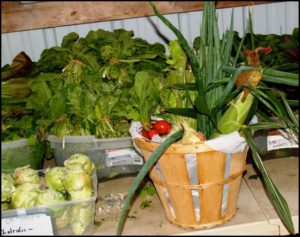The New Jersey Motor Vehicle Commission Chief Administrator Sue Fulton, on Monday, May 18th, announced additional extensions to driver license, registration, and inspection expiration dates in the continuing efforts to mitigate COVID-19 and safeguard public health.
Effective immediately, the following documents, if expiring between March 13 and May 31, have been extended to July 31. Documents expiring June 30 are extended two months to August 31, and those expiring July 31 are extended to September 30.
• All Standard driver licenses (including permits) and standard non-driver IDs
• Privately owned and commercial vehicle registrations (including Farmer and Farm Use registrations)
• Vehicle inspections
• Purple Heart/Disabled Veteran placards
• Temporary tags
“Get it done online now, if you’re able,” Fulton suggests. “We do anticipate that volumes will spike once we reopen and when we reach the end of these extensions. Our job is to serve customers in the most efficient way possible and one way we can do that is by steering people to our expanded list of online services.”
On March 13, the NJMVC initially announced two-month extensions for licenses, registrations, and inspection stickers expiring in March, April, and May, timelines that have now been pushed back.
The NJMVC encourages customers to utilize online services, which have been expanded during the COVID-19 crisis. In most cases, customers can renew a license, replace a lost license, change an address, renew a registration, and complete other transactions through the NJMVC’s Online Services portal.
Customers also should check NJMVC.gov for the latest information and updates.


 wasps found throughout the U.S. and burrow holes in the soil. Even with their large size, dangerous appearance and “dive-bombing” habit, adult Cicada killer wasps rarely come in contact with people and it is rare they will sting. The males of this species will make “dive-bombing” flight patterns, but do not have a stinger and an attack would not result in a sting. The female’s tubular egg-laying structure on the rear end can function as a very weak stinger. Her mild sting is similar to a slight pin scratch and is not considered by most people to be painful. Rutgers Cooperative Extension has more information on the
wasps found throughout the U.S. and burrow holes in the soil. Even with their large size, dangerous appearance and “dive-bombing” habit, adult Cicada killer wasps rarely come in contact with people and it is rare they will sting. The males of this species will make “dive-bombing” flight patterns, but do not have a stinger and an attack would not result in a sting. The female’s tubular egg-laying structure on the rear end can function as a very weak stinger. Her mild sting is similar to a slight pin scratch and is not considered by most people to be painful. Rutgers Cooperative Extension has more information on the 
